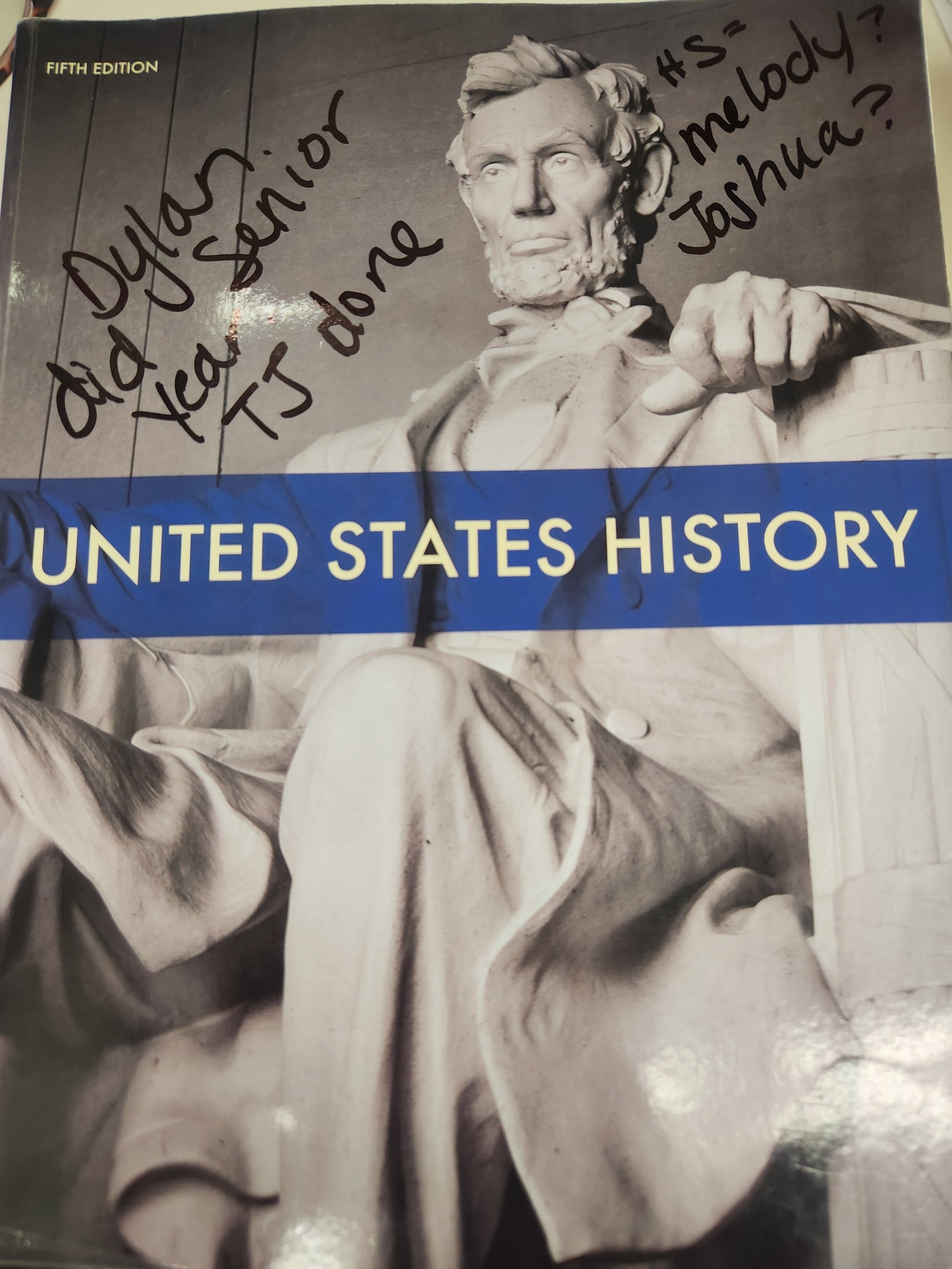The Magna Charta by James Daugherty
It was Ben Franklin who coined the phrase, "Rebellion to tyrants is obedience to God," and if any historical drama fulfills that maxim, it is surely the saga of King John and the drafting of the Magna Charta.
Out of the rich turbulence of English history, June 15, 1215 stands apart as a significant milestone in the progress of human liberty. On that day, a brave band of barons, led by the noble Stephen Langton, and calling themselves the Army of God, stood up to the wicked King John and demanded that he restore the ancient laws of England that he had so unabashedly trampled underfoot.
The era is a rollicking one filled with colorful characters like Robin Hood and his Merry Men, Richard the Lionheart, Queen Eleanor of Aquitaine, and many more. Newbery and Caldecott medal-winner James Daugherty brings his own passion for freedom's story to this wonderful saga of the thirteenth century. Daugherty devotes the last part of the book to a history of the "documents" of freedom—what he calls the "Children of the Magna Charta"—demonstrating how liberty has progressed over the ages. Two-color illustrations by the author enhance the drama of this text.
It was Ben Franklin who coined the phrase, "Rebellion to tyrants is obedience to God," and if any historical drama fulfills that maxim, it is surely the saga of King John and the drafting of the Magna Charta.
Out of the rich turbulence of English history, June 15, 1215 stands apart as a significant milestone in the progress of human liberty. On that day, a brave band of barons, led by the noble Stephen Langton, and calling themselves the Army of God, stood up to the wicked King John and demanded that he restore the ancient laws of England that he had so unabashedly trampled underfoot.
The era is a rollicking one filled with colorful characters like Robin Hood and his Merry Men, Richard the Lionheart, Queen Eleanor of Aquitaine, and many more. Newbery and Caldecott medal-winner James Daugherty brings his own passion for freedom's story to this wonderful saga of the thirteenth century. Daugherty devotes the last part of the book to a history of the "documents" of freedom—what he calls the "Children of the Magna Charta"—demonstrating how liberty has progressed over the ages. Two-color illustrations by the author enhance the drama of this text.
It was Ben Franklin who coined the phrase, "Rebellion to tyrants is obedience to God," and if any historical drama fulfills that maxim, it is surely the saga of King John and the drafting of the Magna Charta.
Out of the rich turbulence of English history, June 15, 1215 stands apart as a significant milestone in the progress of human liberty. On that day, a brave band of barons, led by the noble Stephen Langton, and calling themselves the Army of God, stood up to the wicked King John and demanded that he restore the ancient laws of England that he had so unabashedly trampled underfoot.
The era is a rollicking one filled with colorful characters like Robin Hood and his Merry Men, Richard the Lionheart, Queen Eleanor of Aquitaine, and many more. Newbery and Caldecott medal-winner James Daugherty brings his own passion for freedom's story to this wonderful saga of the thirteenth century. Daugherty devotes the last part of the book to a history of the "documents" of freedom—what he calls the "Children of the Magna Charta"—demonstrating how liberty has progressed over the ages. Two-color illustrations by the author enhance the drama of this text.







